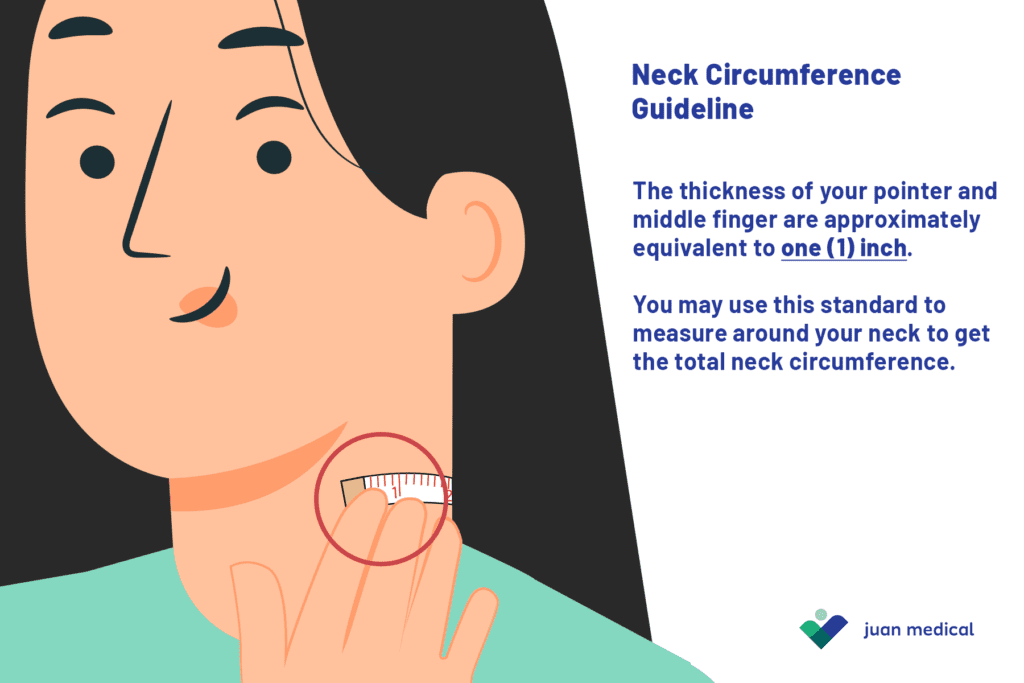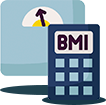Diabetes is a chronic condition that affects how the body turns food into energy. The body breaks down most of the food into sugar, and releases it into the bloodstream. When blood sugar goes up, the pancreas is signaled to release insulin, which facilitates the transfer of blood sugar into the cells for use as energy. Persons with diabetes do not make enough insulin or utilize it as well as it should. (Centers for Disease Control and Prevention, 2023).
Type 1: This is the type of diabetes in which the pancreas does not make insulin, because the body’s immune system attacks the insulin producing islet cells in the pancreas. This tends to manifest at a younger age, and would require dependence on insulin medications.
Type 2: This is the type of diabetes in which the pancreas produces insufficient insulin, thus making the body resistant to insulin. This tends to develop at an older age, and can be managed through proper diagnosis and lifestyle modifications.
Gestational Diabetes: This type of diabetes develops during pregnancy and occurs in women who are not diagnosed previously with diabetes. This usually resolves after giving birth.
This condition is present in the Philippines in both genders among 20 to 79 years old. According to data from the World Bank, around 7.1% of the population have type 1 or type 2 diabetes in 2021. Moreover, according to the Philippine Statistics Authority, diabetes is the fourth leading cause of death.
Though diabetes has no cure, there are applicable treatments and management strategies to prevent this from worsening. Proper treatment can be assessed through early diagnosis. Here are three indicators to screen for diabetes:
If you have recently undergone a laboratory test, check your fasting blood sugar and HbA1C levels. The normal fasting blood sugar levels range from 70 – 100 mg/dL, while the normal HBA1C levels are below 5.7%. The fasting blood sugar (FBS) test measures your blood sugar after an overnight fast of 6-8 hours. HbA1c is a blood test also used to diagnose type 2 diabetes, and to monitor blood glucose control in people with diabetes. High FBS and HbA1C test result values might indicate that you have prediabetes, or already have diabetes.
If diabetes is a common disease within your parents, siblings, or other relatives, it is best to get a laboratory test as soon as possible. Diabetes is not directly genetic, but individuals can inherit predisposing factors from relatives, and their lifestyle can trigger its onset. According to the American Diabetes Association, Type 2 diabetes has a stronger link to family history.
Symptoms of diabetes may easily be determined using the 3 P’s that doctors use to identify the disease:
Polyuria: Excessive thirst
Polydipsia: Frequent urination
Polyphagia: A rise in appetite
These are early signs or an indication that you might have diabetes. It is best to get a laboratory test once you notice these symptoms to determine if they are directly related to the disease, or are underlying symptoms of a different type of illness.
A home service Diabetes Blood Test Package may be acquired. A licensed nurse or medical technologist will collect your blood sample at your chosen location. This includes the following tests which are needed by the doctor to screen for the disease:
Once the laboratory results are available, it is best to have them interpreted by an Endocrinologist or a Diabetologist. Juan Medical offers teleconsultations with these doctors, in which a patient may acquire a lab reading, a prescription, or a medical certificate to apply a treatment plan for the disease.
Inquire on Juan Medical’s home labs testing and online doctor consultation daily, at 8AM-5PM, by sending an email to bookings@juanmedical.ph, by calling 0960 291 7278 (Viber/Telegram/Whatsapp/Mobile), or by clicking here.



